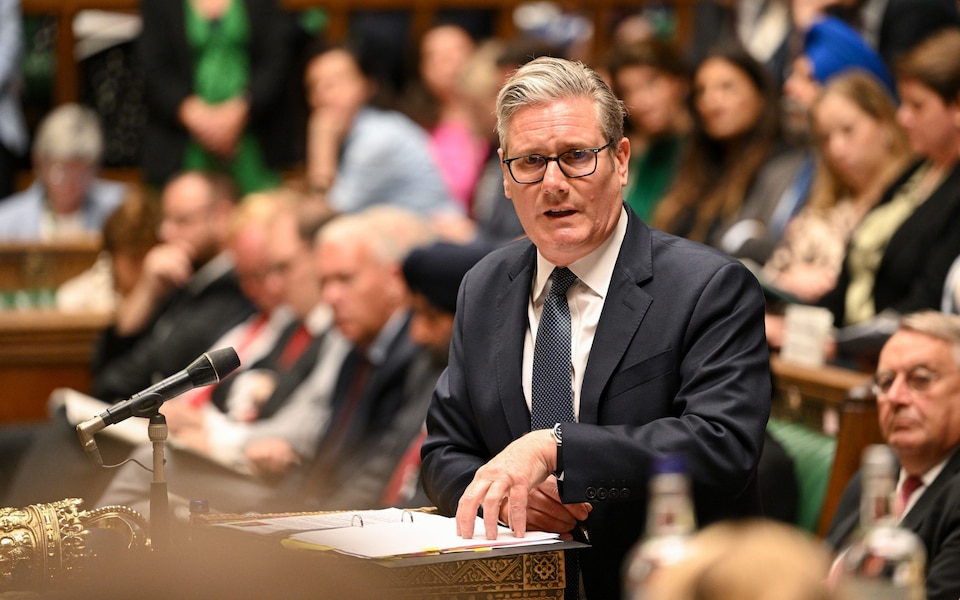Sir Keir Starmer is facing renewed internal dissent from within his own Labour Party ranks over a proposed migrant agreement with France, aimed at tackling small boat crossings across the English Channel. The controversial deal, set to be discussed during French President Emmanuel Macron’s upcoming state visit to London, would reportedly involve a “one in, one out” system: migrants arriving in Britain from the Channel would be swiftly returned to France, in exchange for the UK accepting an equivalent number of asylum seekers directly from France.
The proposed pact is already igniting significant backlash among Labour backbenchers, many of whom have recently rebelled over welfare reforms. Critics say the plan lacks both compassion and legal grounding, warning it marks a further drift away from Labour’s traditional human rights principles. Clive Lewis MP voiced strong opposition, questioning the absence of safe legal migration routes and criticising what he described as a breakdown of moral responsibility. Citing Tony Benn, he likened the treatment of asylum seekers to a reflection of how the government might treat its own citizens if unchecked.
One unnamed Labour MP said the policy may even breach international law, underscoring the legal ambiguity surrounding rapid returns under the new framework. Another former minister echoed these concerns, describing the scheme as out of touch with Labour values and indicative of a wider shift to the political right under Starmer’s leadership. The MP criticised what they saw as a calculated attempt to appeal to Red Wall constituencies by adopting a more conservative stance on immigration, allegedly influenced by party strategist Morgan McSweeney.
Internal divisions have only deepened following the recent welfare vote in which 49 Labour MPs defied the party line, despite concessions from Downing Street. At one point, nearly 120 MPs were poised to rebel—enough to threaten Starmer’s commanding majority. Sources inside Parliament now suggest a similar scale of resistance could emerge over the migrant deal, especially if details confirm that asylum returns will occur without proper assessment procedures.
Opposition within Labour is not only moral but also strategic. Senior MPs argue that the government is failing to address the root causes of illegal migration, such as human trafficking networks. One parliamentarian expressed frustration that efforts to dismantle smuggling gangs have stalled, stating that the proposed deal looks more like a political stunt than a serious solution.
France’s position has historically been resistant to bilateral return agreements with the UK since the end of the Dublin Regulation post-Brexit. However, a recent shift in tone from French officials may signal openness to limited cooperation. Interior Minister Bruno Retailleau hinted that France could agree to returns in an effort to deter Channel crossings and send a strong deterrent message to would-be migrants.
Nonetheless, any breakthrough will likely face hurdles, with the French government previously arguing that such arrangements must involve broader EU consensus. The planned summit between Macron and Starmer, scheduled for July 8–10, is expected to formalise aspects of the deal. But with Labour’s internal divisions widening, Starmer now finds himself navigating political minefields at home as he attempts to negotiate migration diplomacy abroad.
What was meant to be a show of Anglo-French unity may instead highlight the growing cracks within Labour’s own ranks, as questions mount over the balance between political pragmatism and moral responsibility in an increasingly polarised debate over asylum policy.

